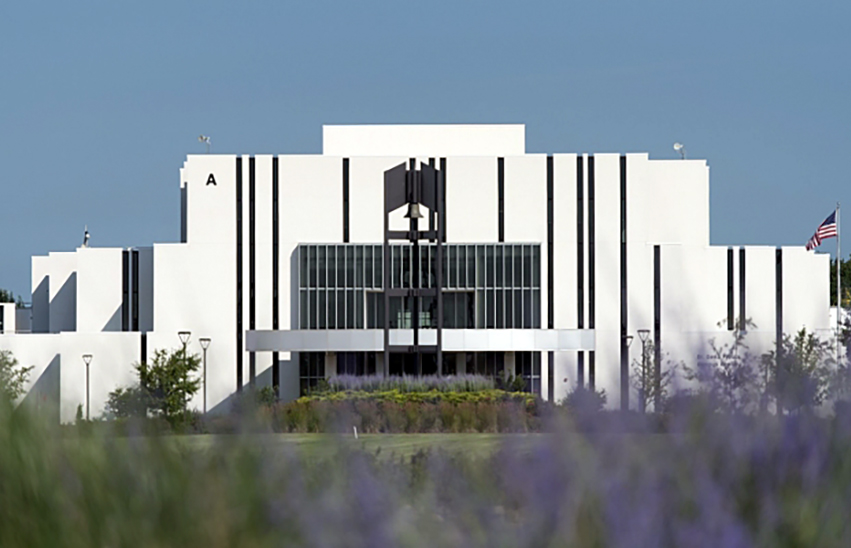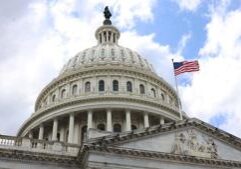
Report warns U.S. national debt predicted to pass $53 trillion by 2035
By fiscal year 2035, the national debt is set to surpass $53 trillion, or 120% of the nation’s Gross Domestic Product, according to a new estimate by the Committee for a Responsible Federal Budget.
The updated number – which CRFB reached by assuming that all current trade deals and tariffs remain in effect – is $1 trillion more than projected in the Congressional Budget Office’s January 2025 Budget and Economic Outlook.
Yearly interest payments on the national debt will rise as well, climbing from nearly $1 trillion in 2025 to $1.8 trillion in 2035, a total increase of $14 trillion over the next decade. The national debt recently topped $37 trillion, as reported by The Center Square.
“The nation’s finances have deteriorated since CBO’s January 2025 budget outlook, which already showed a worrisome fiscal outlook,” CRFB stated. “[W]ith debt approaching record levels, lawmakers should proactively pursue trust fund solutions and enact a combination of revenue and spending options that put the nation’s budget on a sustainable path.”
CRFB’s report also estimates the yearly deficits will total $22.7 trillion over the next ten years – $1 trillion higher than CBO’s January estimate – rising from $1.7 trillion in 2025 to $2.6 trillion in 2035, nearly 6% of GDP.
Net government spending during that timeframe will total at least $88 trillion, partially offset by $65 trillion in revenue if current trade policy remains in place. This amounts to a net cost of $23 trillion.
CRFB says the high cost of Republicans’ “One Big Beautiful Bill Act” is partially to blame for the alarming numbers. The massive budget reconciliation bill, signed into law by President Donald Trump in July, will cost an estimated net $4.1 trillion over the next decade, mostly due to the permanent extension of most tax cuts in the 2017 Tax Cuts and Jobs Act.
Those include the boosted maximum standard deduction and cross-bracket tax cuts, the 20% Qualified Business Income deduction, and the $2,000 maximum Child Tax Credit. The bill also implemented costly temporary tax provisions, including a $6,000 deduction for eligible seniors and deductions on tips and overtime pay.
CBO has estimated that the average American household will see their resources increase because of the tax cuts, though the gains vary across income distribution. Another analysis, touted by the White House, estimates that the average taxpayer will receive a $3,752 tax cut in 2026, though the median 2026 tax cut is likely to be much lower than that.
Republicans are reportedly planning to craft a second budget reconciliation bill to implement even more of Trump’s presidential agenda. CBO and CRFB have both urged lawmakers to focus solely on implementing deficit-decreasing measures in future budget bills.
Latest News Stories

New Lenox Library Board Seats New Trustees, Reorganizes After Election
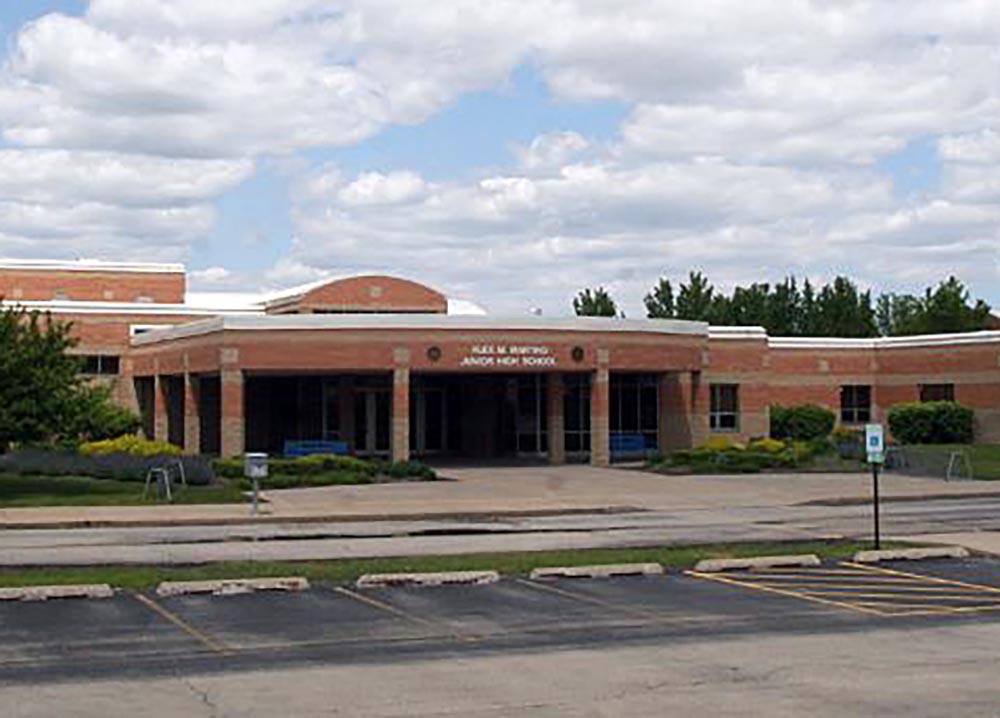
New Lenox D122 Board Approves Nearly $300,000 for Summer Maintenance Projects
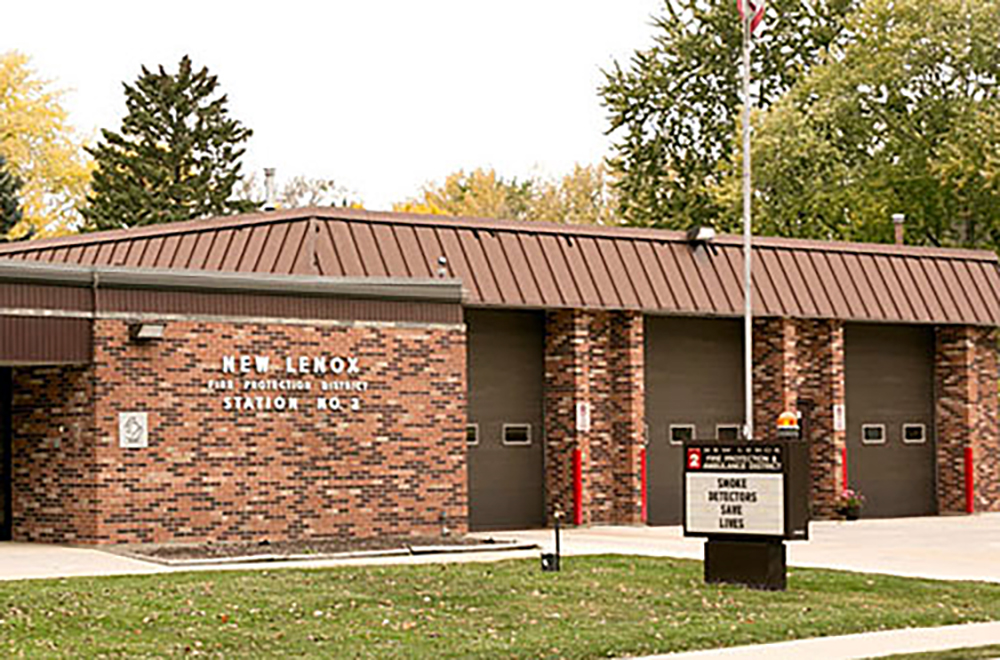
New Lenox Fire District to Launch Comfort Dog Program for First Responders, Community

Library’s ‘Studio’ Draws Record Crowds with New Tech and Creative Programs

D122 to Spend $24,950 on Professional Enrollment Forecast

Frankfort Library Secures $83K Grant for Reading Room, Financial Report Shows Strong Position

Frankfort Library Considers Limiting Digital Access on Educator Cards to Manage Costs

Newly Appointed Trustee Brooks Stenoish Takes Oath, Finalizing Frankfort Library Board

Meeting Summary: Frankfort Public Library District for June 26, 2025

JJC Trustees Approve Contentious FY26 Budget After Heated Debate, Failed Postponement
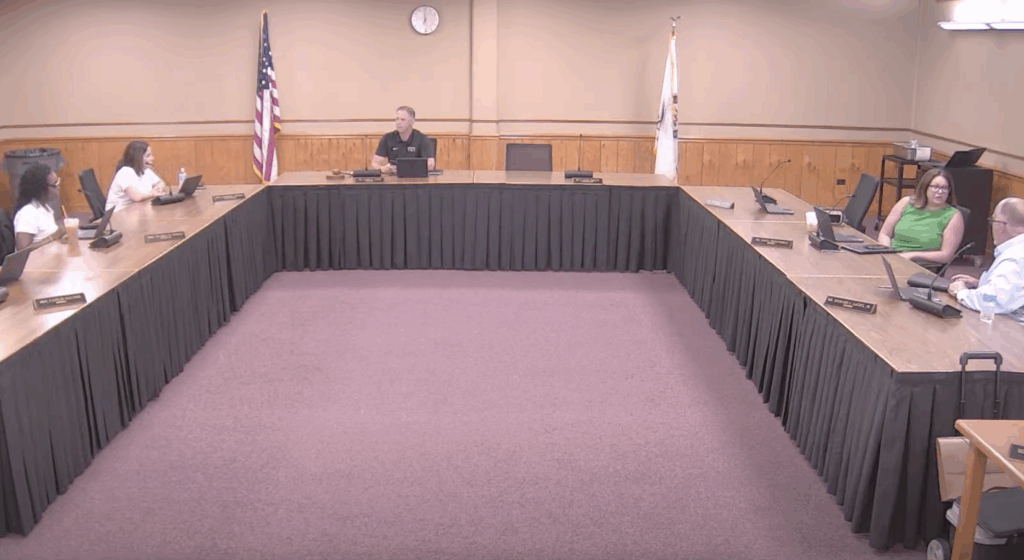
Lincoln Way District 210 Approves $2.1 Million Budget Amendment, Maintains Strong Financial Position

JJC’s ‘12x12x12’ Initiative Boosts College Credits, Increases Matriculation Rate

